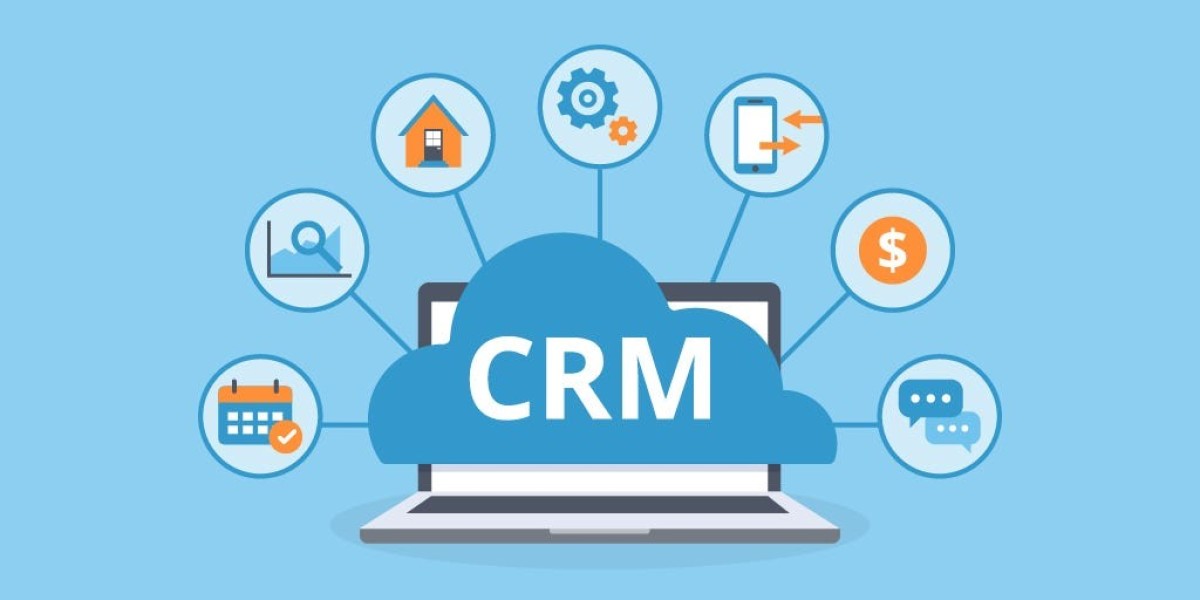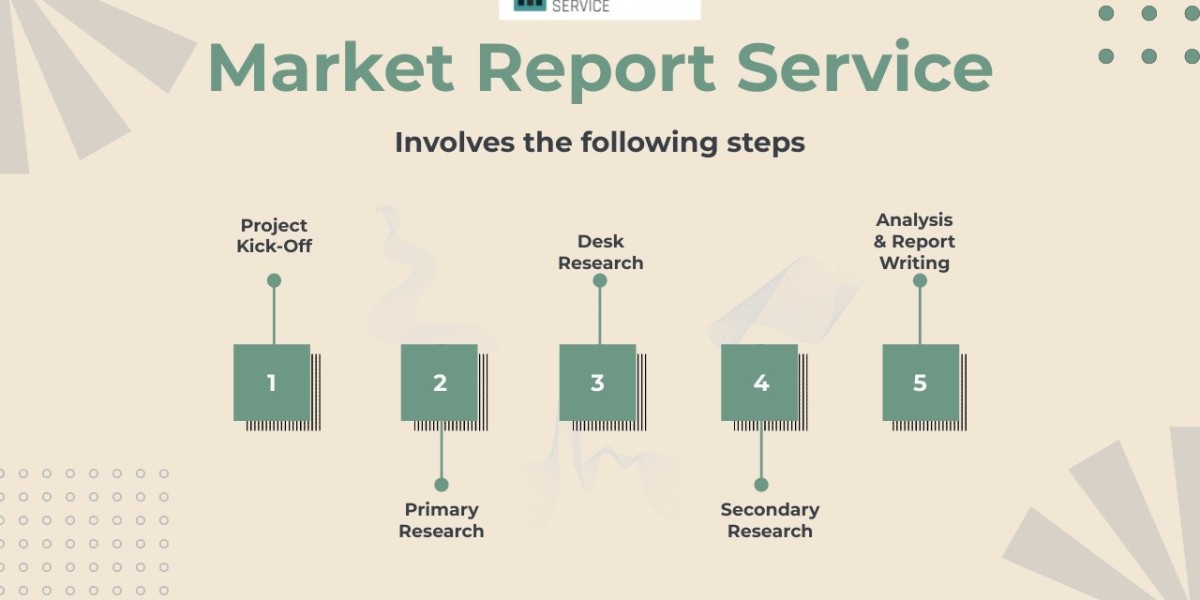In the real estate industry, relationships are at the heart of success. Whether it’s maintaining connections with clients, partners, or potential buyers, cultivating strong relationships is crucial for growth. However, managing these relationships effectively can be a challenge, especially as the business scales. This is where Real Estate Customer Relationship Management (CRM) software comes into play. A well-implemented Real Estate CRM can significantly strengthen relationships by providing personalized service, improving communication, and fostering long-term connections.
Enhancing Client Communication
One of the most vital aspects of relationship-building in real estate is communication. Clients expect prompt responses, personalized advice, and regular updates. A Real Estate CRM helps facilitate this by centralizing all client information in one system. Agents can access contact details, preferences, transaction history, and communication logs instantly, ensuring a more personalized approach.
Automated reminders and notifications are another key feature of a CRM, enabling agents to follow up with leads or existing clients at the right time. Whether it's sending birthday greetings, reminders about important dates like contract renewals, or providing updates on new listings, a CRM helps real estate professionals stay top of mind with clients.
Personalizing Client Experiences
Real estate clients today demand tailored services, and Real Estate CRMs offer tools that enable agents to customize their communication strategies based on each client’s preferences and needs. Through data segmentation, a CRM allows agents to categorize clients based on their preferences, interests, and history with the company.
For instance, a buyer interested in luxury homes will receive different content compared to a client looking for affordable apartments. With detailed insights, agents can send personalized property recommendations, newsletters, or market updates that resonate with each client’s specific interests. This not only enhances client satisfaction but also increases the likelihood of successful transactions.
Streamlining Workflows and Improving Efficiency
Efficiency is a crucial component of any successful real estate business, and Real Estate CRM software plays a pivotal role in streamlining workflows. It automates many of the repetitive tasks involved in managing client relationships, such as scheduling meetings, sending emails, and managing client records. This automation allows real estate professionals to focus more on client engagement and less on administrative work.
Additionally, CRMs offer integrations with other tools like email marketing platforms, property listing services, and accounting software, providing a seamless workflow that enhances productivity. The more efficient agents are, the more time they can dedicate to building meaningful relationships with clients.
Fostering Long-Term Client Loyalty
Building strong relationships in real estate is not just about closing one deal; it’s about fostering long-term loyalty. Real Estate CRM systems offer the tools necessary for maintaining ongoing communication with clients even after transactions are completed. By setting reminders for future follow-ups, agents can keep in touch with past clients, providing them with market insights, home maintenance tips, or investment opportunities.
This continuous engagement nurtures trust and loyalty, which can lead to repeat business and referrals. Satisfied clients are likely to recommend your services to their friends, family, and colleagues, creating a cycle of positive relationships and business growth.
Tracking Client Interactions and Insights
Understanding the dynamics of client relationships is essential for growth, and Real Estate CRMs offer comprehensive tracking and reporting features. Agents can monitor client interactions, sales pipelines, and overall engagement trends, providing valuable insights into the success of their relationship-building efforts.
By analyzing these data points, real estate professionals can fine-tune their strategies, improving their client outreach and engagement tactics. Whether it’s adjusting the frequency of communication or changing the type of properties they recommend, CRM data enables informed decision-making that strengthens relationships.
Conclusion
In the competitive world of real estate, building stronger relationships is key to success, and Real Estate CRM software provides the tools necessary to achieve this. From improving communication and personalizing client experiences to fostering long-term loyalty and streamlining workflows, a CRM system allows real estate professionals to manage their client relationships more effectively. With the right CRM in place, agents can not only meet client expectations but exceed them, ensuring lasting connections and continued business growth.


